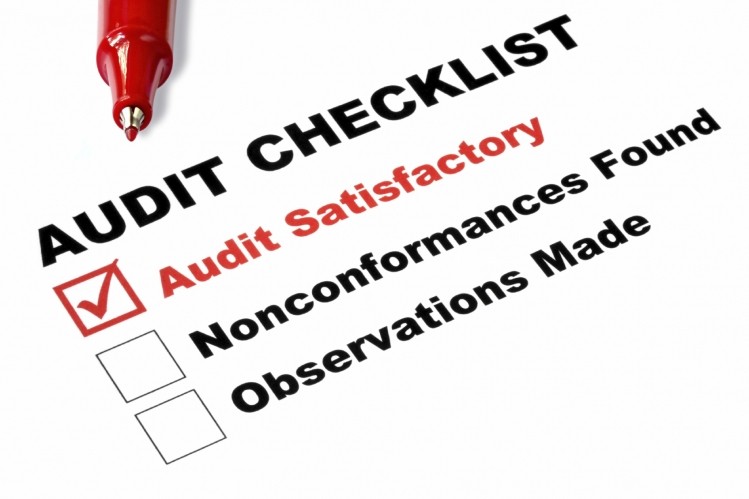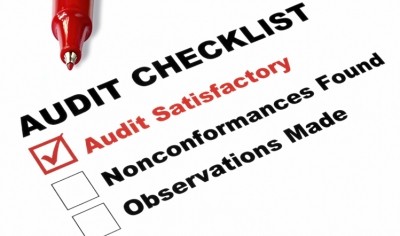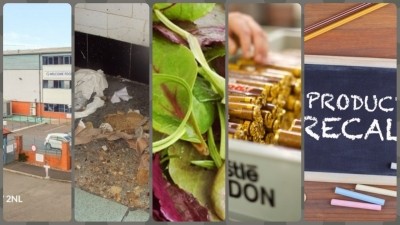Food industry must share more data with the FSA

Experts contacted by FoodManufacture.co.uk have called for greater transparency and openness about releasing the results of and problems thrown up by third-party hygiene audits of manufacturers carried out to the British Retail Consortium (BRC) Global Standards and Red Tractor assurance scheme.
They also claimed that food hygiene cultures – from the boardroom to the shopfloor – needed to be improved in many businesses to prevent a widespread problem in the UK food manufacturing sector of commercial and production pressures undermining good hygiene practice.
Their comments followed the recent publication of the House of Commons’ Environment, Food and Rural Affairs Committee report following its inquiry into the alleged food hygiene failures at 2 Sisters Food Group’s West Bromwich factory. These were identified in an undercover press investigation conducted by ITN and The Guardian.
‘Facilitate data sharing’
“I advised the FSA some time ago that rather than concentrate on creating an industry database that would be very hard to keep accurate, they would be better to think about how they would facilitate data sharing from different sources – public and private,” said David Edwards, a director with food safety consultancy Bayesian.
“There are two principal hurdles. First, overcoming issues of confidentiality. Secondly, the real and very significant practical difficulties of making data sharing work between different organisations using different inspection data platforms.”
Edwards called on the FSA, Department for Environment, Food and Rural Affairs and other government departments to be work together to agree how this could be achieved and encouraged. “It is a vital leadership role they can take. They should be engaging with the IT suppliers to both local government and industry to understand these issues,” Edwards suggested.
He also called for far greater transparency, following the criticism levelled by MPs at the private inspection and certification sector, particularly Red Tractor and BRC.
“It just will not wash with the public any more to talk of commercial confidentiality – as some witnesses did in their oral evidence – in the same context as public safety,” said Edwards.
“This is the age of transparency and accountability. Old ideas of commercial and in confidence sound defensive.”
Another food safety industry source added: “It is unfortunate and frankly unsustainable that industry are not taking more of a lead on [data sharing]. The EFRA committee’s findings could be a “game changer”, he added. “The debate must move to how it is done, not if it is done.”
As the FSA adopts a more risk-based model under its Regulating Our Future programme, which makes greater use of regulated self-assurance schemes from the industry to enable it to target its regulatory interventions, the industry must notify the Agency when particular food safety risks are identified, the source said. In return, businesses demonstrating good compliance, could expect to receive fewer inspections, he added.
Earned recognition
“This would be an excellent start to any discussion on what additional data to share,” he added. “Where earned recognition – as regulated self-assurance is currently called – is already in place, eg for dairy and animal feed, there is already some data sharing, including letting the FSA know when members [of schemes] are suspended. But more is needed.”
The source also found it strange that the EFRA committee had not commented on the failure of whistleblowing procedures at 2 Sisters’ West Bromwich plant.
“Improving accessibility and transparency either at the company or to the FSA is important,” he said “This media exposé was a form of whistleblowing so why weren’t concerns previously raised with 2 Sisters or FSA?” he asked.
The West Bromwich plant was also believed to have been seen by the FSA as having a good record on reducing the level of the bacterium campylobacter in chicken, the source added. “So, by one objective measure, the plant was not as poor as this incident and the inquiry suggests,” he added. Unfortunately, he added, it was not given credit for this by the inquiry.
The source also question the motives by the media organisations that carried out the undercover investigation and criticised their apparent lack of co-operation with the FSA in not revealing more of the evidence they had obtained.















